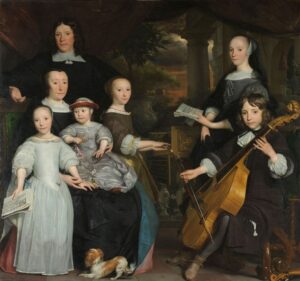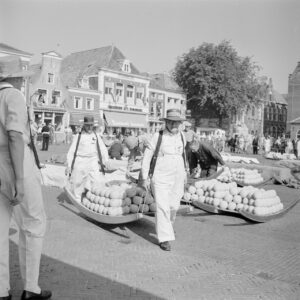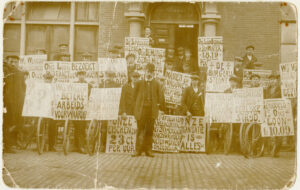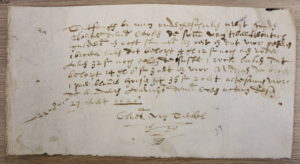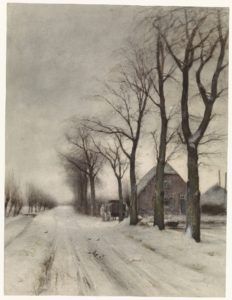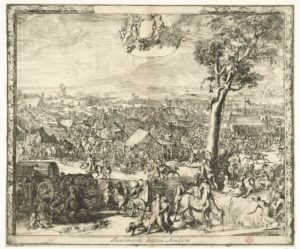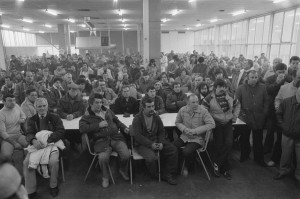When studying your ancestors, it is helpful to know who the rich people in the community were, even if your ancestors were poor. The rich people in the community may have interacted with your ancestors, and may have created records about them: Rich people may have employed them, for example as laborers, servants, or factory workers. They may have bought their products, for example in the case of shoemakers or weavers. They may have used their services, for example in the case of … [Read more...]
Dutch term – Kaasmarkt
A kaasmarkt is a cheese market. Many towns in the west of the Netherlands are famous for their cheese, like Gouda and Edam. These towns have their own cheese markets, though the most famous cheese market is in Alkmaar. … [Read more...]
Dutch term – Rekening
A rekening is an account or bill. Stadsrekeningen (city accounts) for example, record the income and expenses of a city. You can also find rekeningen in orphan chamber records, showing the assets and debts of an estate to determine the money owed to the orphans. … [Read more...]
Quick tip – Emigrants in the 1800s came from poor areas
If your ancestors left the Netherlands in the 1800s, chances are that they came from poor areas of the Netherlands such as East-Groningen, Friesland, Gelderland, Zeeuws-Vlaanderen, Limburg, or East-Brabant. These agricultural communities were hit hardest when the potato famine struck in the 1840s, and later when cheap American grain flooded the market. … [Read more...]
Dutch term – Markt
A markt is a market. During the Middle Ages, the right to hold markets was a seignorial right, granted by the overlord. The right to have a market was often the first step to becoming a chartered town. Today, many towns have a weekly market on a fixed day of the week. Sometimes, a market has been held on that same day in that town for more than four hundred years. In addition to the weekly markets, many towns also had a jaarmarkt, an annual market. That would be a major affair, where … [Read more...]
Dutch term – failliet and faillissement
Failliet means bankrupt; faillissement means bankruptcy. You can often find announcements of bankruptcies in newspapers, and you can then find the corresponding court case in the court records in the provincial archives. These may give you an insight in the business relationships of your ancestor. … [Read more...]
